5 Summer Reads for Every Age
Five Summer Reads for Every Age
Is it just me, or is there something about summer that makes reading better than ever? Today I share some summer reads for every age (n.b. all of these are good reads for adults!). Given the sorrow and losses of the past several months, I decided to curate a list that focuses on growing in hope and love. Let me know in the comments or by email if you’ve read any of these, or suggest some of your favorites. I’m always up for new book suggestions!
Also, please note—there are affiliate links in this post. That means that if you purchase one of these books from one of these links, I get about a nickel, which I will apply to the maintenance of this website. I have begun working with Bookshop.org for every book I can find there. They support independent bookstores, and they ship relatively quickly. Check them out.
The Rabbit Listened
Cori Doerrfeld
This book was a gift from my younger daughter, but even if she hadn’t given it to me, I would love it. This little gem of a “children’s book” takes about five minutes to read, but you’ll want to read it over and over, and even keep it propped up on your bookshelf to remind you—to listen first, especially when people are hurting. It’s a classic tale of a young boy whose beautiful creation has been torn down and the different ways people try to “make him better.” The chicken wants to talk about it, but Taylor doesn’t feel like talking. The bear wants to shout about it, but Taylor doesn’t feel like shouting. And so on and so forth. Until the rabbit comes. But I’ll stop there and urge you to buy the book and read and live the rest of this wonderful story for yourself.
The Secret Garden
Frances Hodgson Burnett, illustrated by Tasha Tudor
Ever since I was a little girl, I have loved this book about a little girl whose world was ruined (notice a theme?) and then restored as she discovered a secret garden and some special friends. In fact, I’ve loved it so much, I’ve often referred to this classic in my teaching on story and redemption. I love my copy with the light green cover, illustrated by Tasha Tudor. If you’ve read it before, why not read it again, and if you’ve never read it, don’t wait—this book has great hope to give in this season of loss.
The Hate U Give
Angie Thomas
Stories can often help us understand what lectures cannot. This brilliant story takes us right into the world of a black teen named Starr, whose best friend is killed by a white police officer. Written by Angie Thomas, a young black woman from Jackson, Mississippi, it has won numerous awards, and for good reason. A young adult novel, it (like others on this list) is an excellent read for adults; it would also be great for parents and teens to read together and discuss the issues of police brutality, activism, and systemic injustice. This profound story will have a lasting impact on the way you understand racial injustice.
The Curate of Glaston
George MacDonald
C.S. Lewis described George MacDonald, a contemporary of Charles Dickens, as “his master.” MacDonald is a great storyteller whose well-drawn characters will lead you to do some heart-searching for yourself. The curate actually comes to know the Lord; a surgeon’s blind spots are penetrated; an atheist searches for truth. The Curate of Glaston trilogy is an engaging read that will bring gospel hope.
The Invention of Wings
Sue Monk Kidd
Warning: It’s graphic and vivid in its depiction of the brutality of slavery. Partially based in the true story of Sarah Grimke, it weaves together the tale of Sarah and “Handful,” the slave she was given for her tenth birthday. It’s a beautiful but haunting story about moving beyond limitations imposed by society, a story about the quest for true freedom. The blurb from The Washington Post explains why you should read it: “By humanizing these formidable women, The Invention of Wings furthers our essential understanding of what has happened among us as Americans – and why it still matters.”

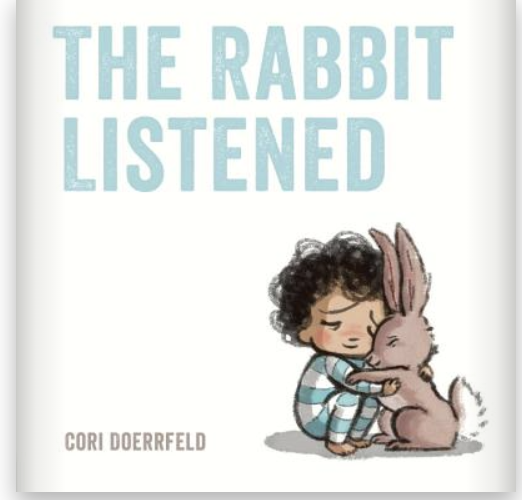
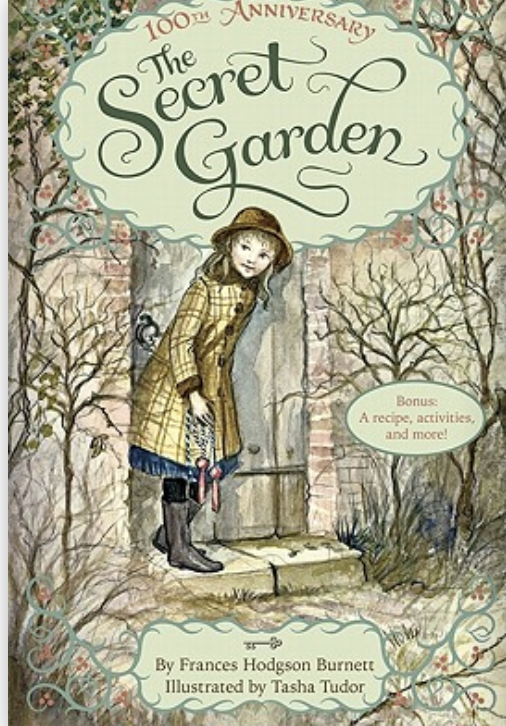
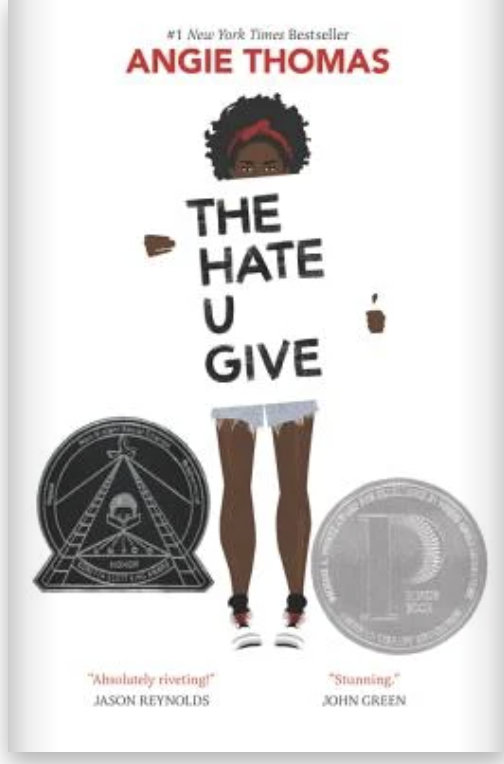
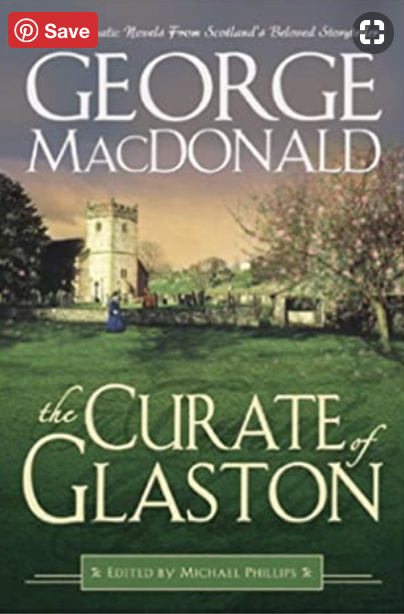
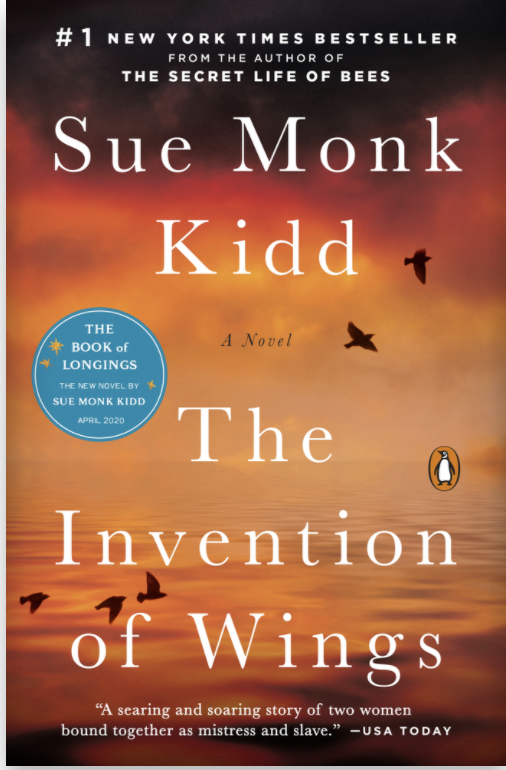
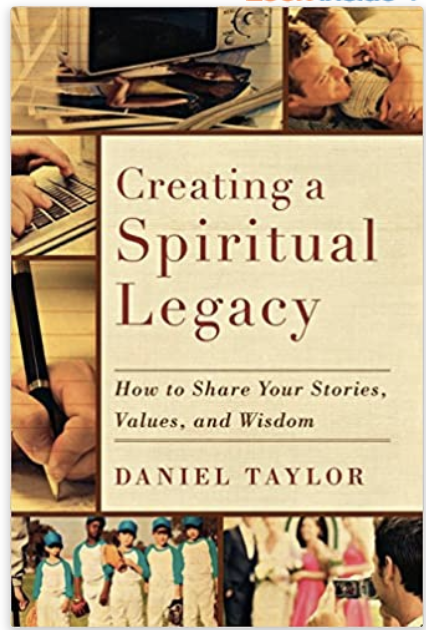
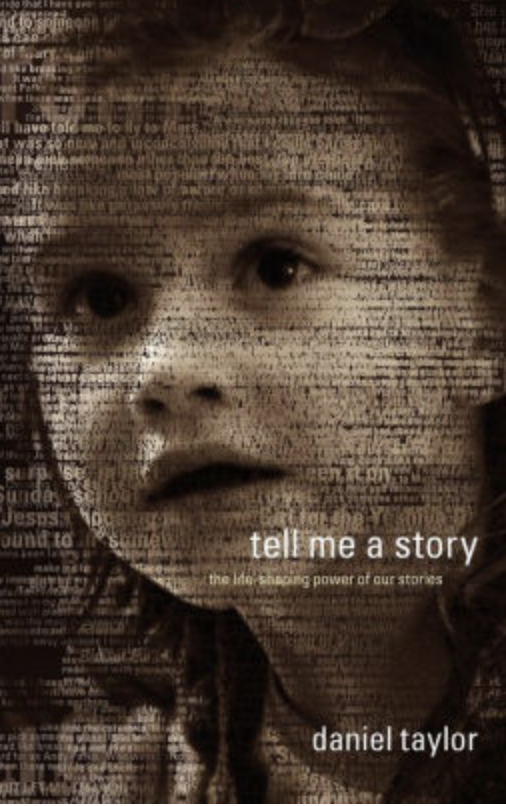
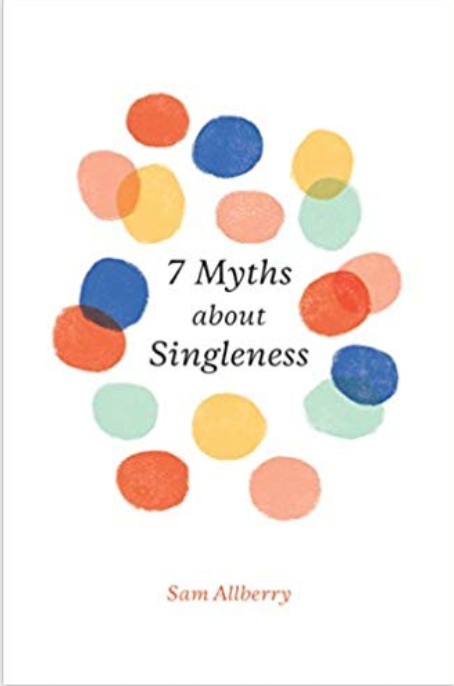
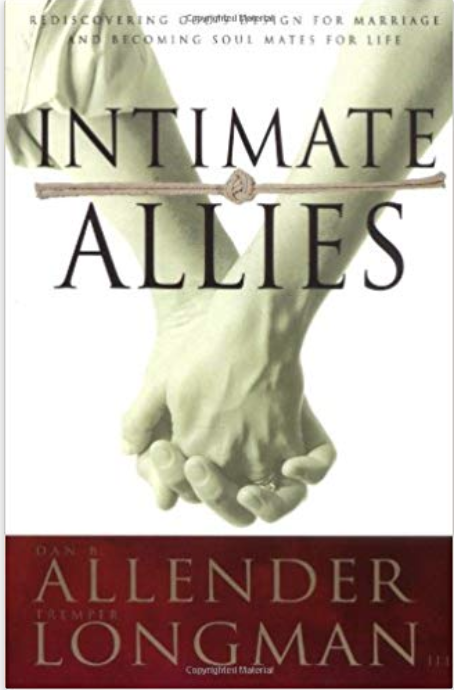
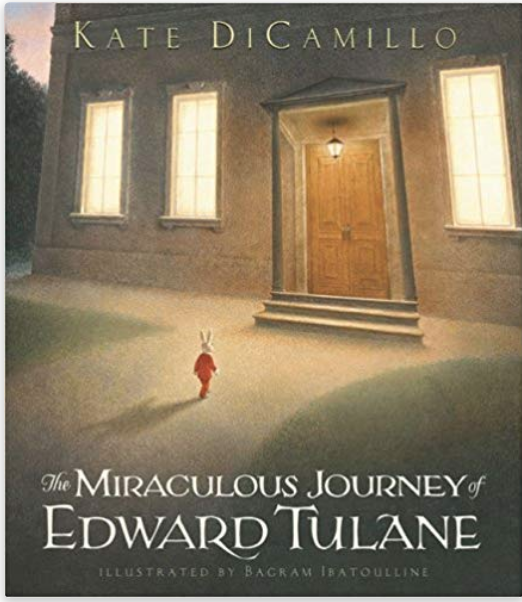
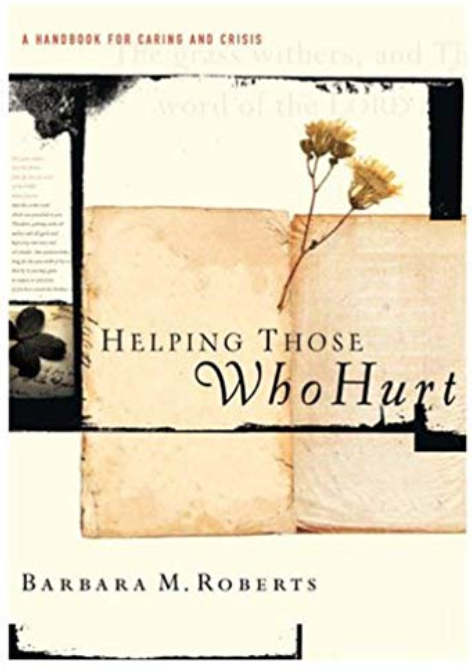
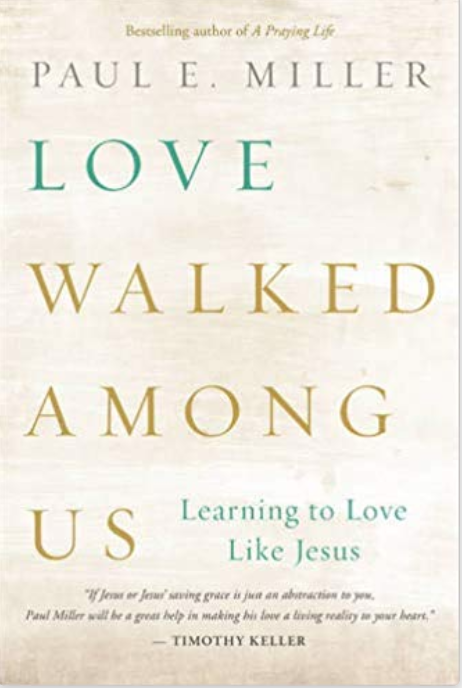
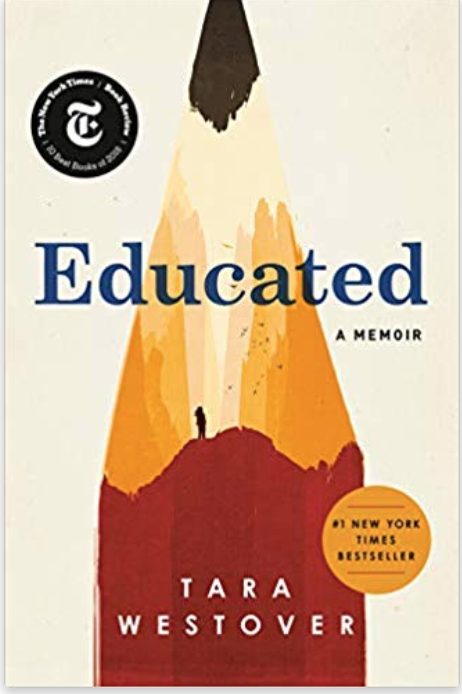
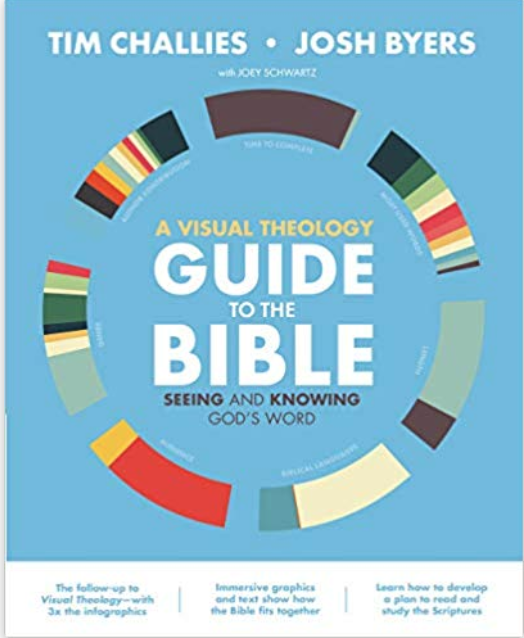
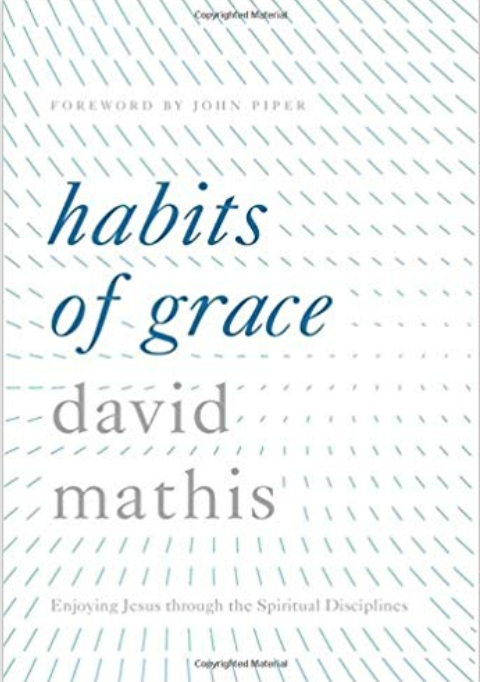
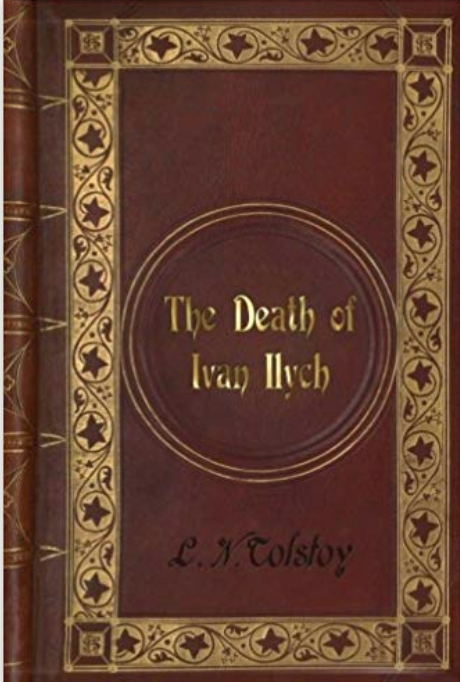
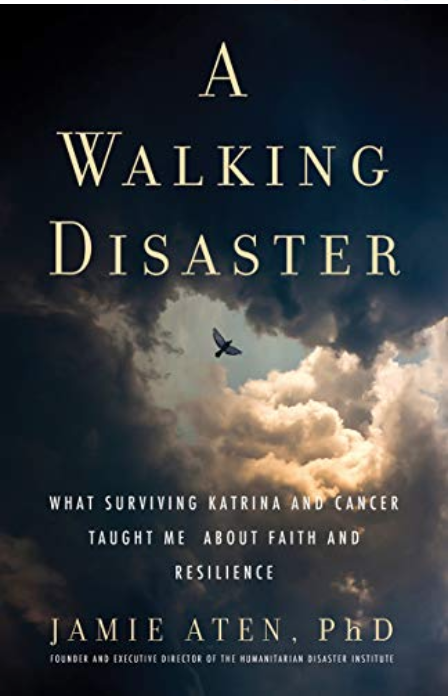
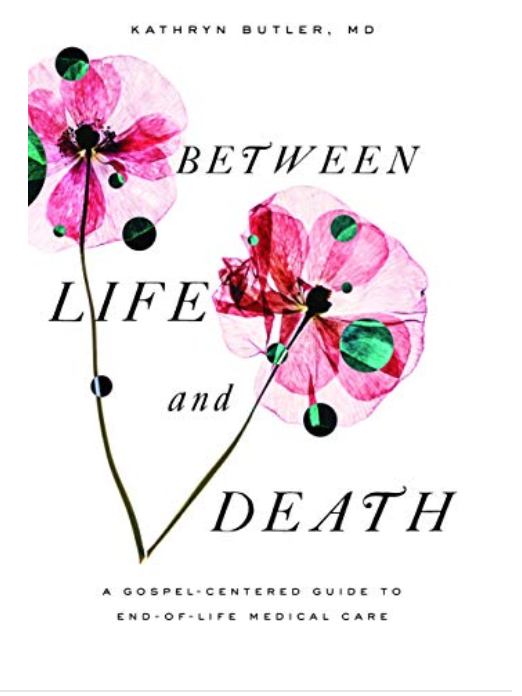
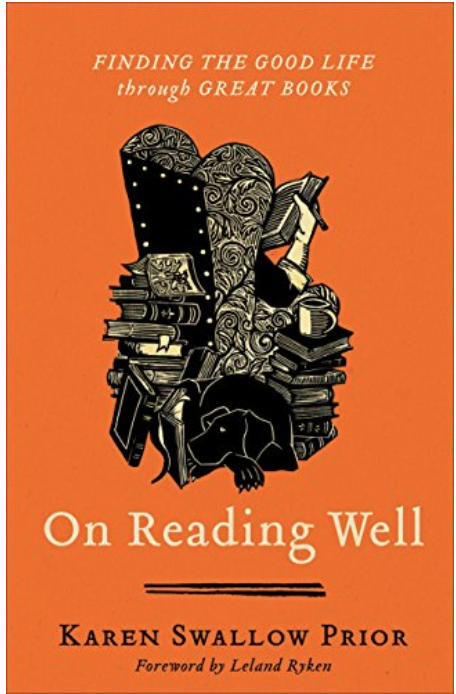
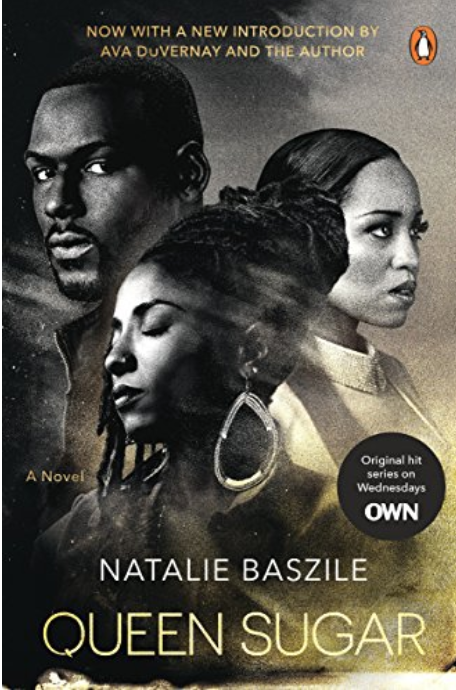





![A Prayer about Pausing to Remember God’s Wondrous Works
Will you pause with me to remember God’s wondrous works?
On your wondrous works, I will meditate. Psalm 145:5
Wondrously Working Lord,
How often do we pause,
do we really chew on,
the millions of ways,
seen and unseen,
you work in this world,
in our neighborhood,
in our lives?
For a few moments,
let’s consider your wondrous works:
You’ve drawn us to yourself
even when we were wandering around like the spiritual zombies we were.
You’ve loved us every day, all the time,
even when we hated you.
You’ve given us new life
even when we deserved certain death,
You’ve kept your promises to us
even when we broke every promise we ever made to you,
You’ve shown us limitless patience
even when we threw tantrums of impatience with you.
You’ve lavished us with the gifts we needed
even when we demanded the things we wanted when we wanted them.
[List some of the specific wondrous works God has done in your life].
Oh, Lord, may we break our eyes away
from the seductive screen
and look out, look up, look in,
to see your stunning beauty and your baffling kindness!
In Jesus’ gracious name. Amen.
Read Psalm 145.
#Dailyprayer #devotional
#hopewriterlife #goodnewsfeed #votd #Biblestudy #dailydevotions #grace #dailyverse #womensministry #aging
#gospelshaped #shereadstruth #womenoftheword #christianliving](https://www.elizabethturnage.com/wp-content/plugins/instagram-feed/img/placeholder.png)